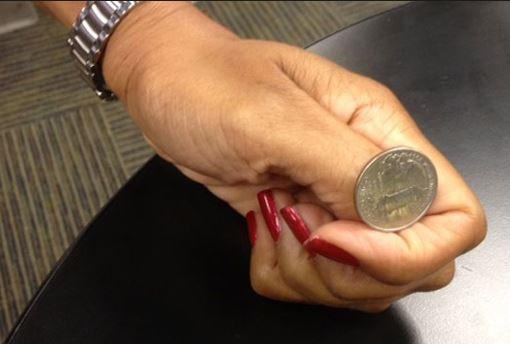
The Iowa caucus was neck-and-neck on the Democratic side. With Hillary Clinton leading Bernie Sanders by less than a single percentage across the state, it was nearly a coin toss as to who would win the state. In fact, in one district, it literally came down to a coin toss to determine who would win the…



